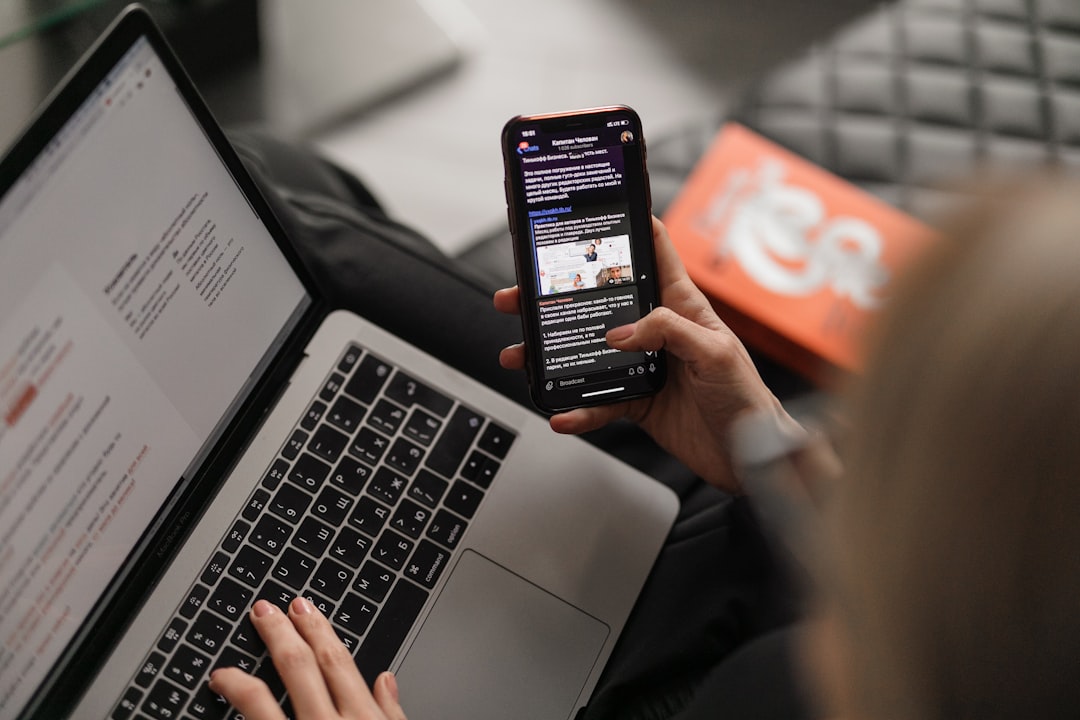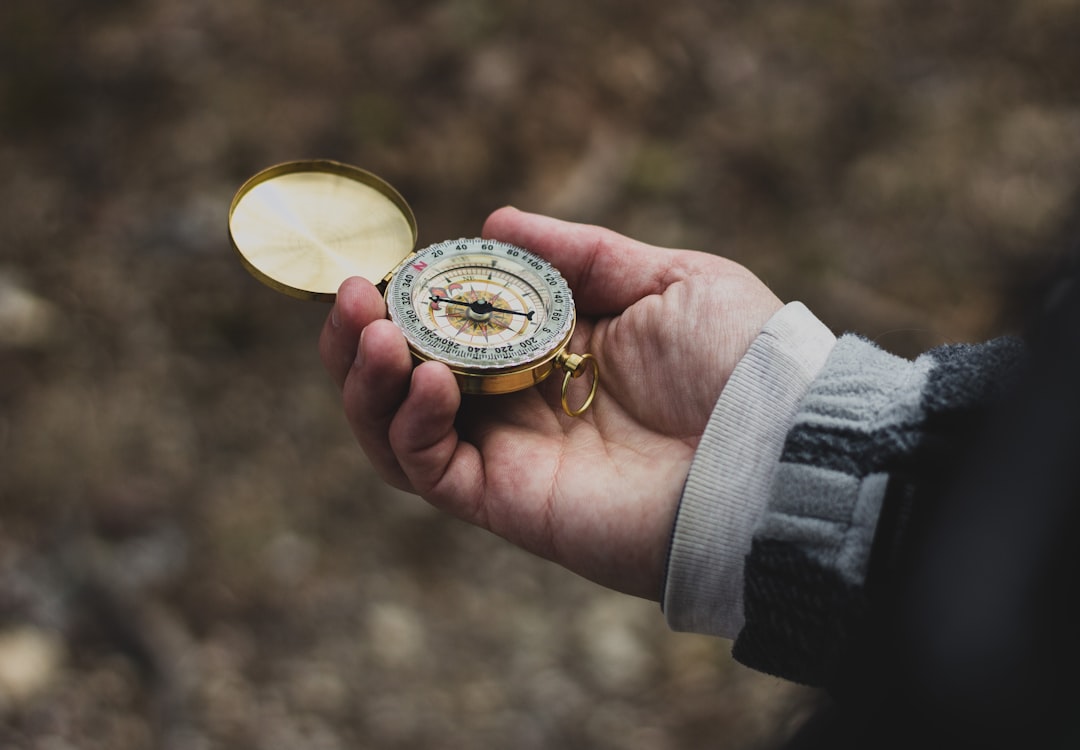Introduction
In March 2017, I listened to a podcast from Philosophy Bites called “The Extended Mind while walking around St. Joseph, MI. The episode detailed the philosophical phenomenon of cognitive extension and how smartphones have started to fill the role of memory in many areas of our lives. Whether it be remembering phone numbers from loved ones or simple directions to the grocery store, humans have relegated those tasks to the glowing screen inside our pockets.

While smartphones are not the first tools to provide cognitive extension, they are different in that they contain much more information than their analog counterparts. Mere fifteen years ago, many workers had to use a paper agenda, an mp3 player, and a TomTom GPS to achieve the extension now provided by Apple, Samsung, and the like. The furthering of our cognitive abilities, however, has been affected significantly in contrast to when we had paper maps, notepads, and disc players. Yes, these instruments were an extension of ourselves, but they were contained to their physical aspects and single-use purposes. Smartphones, on the other hand, are multipurpose machines that continue to evolve in their control over our lives. Therefore, when I lost my work phone last night, I lost more than the physical object. I lost, as extreme as it may sound, a part of my work self.

Re-encounter
The forgotten phone or lost phone phenomenon is nothing new in our current milieu. Many people who misplace their smart devices feel angst at the thought of not repossessing their material goods. Others return to their homes to collect the forgotten device as if it was their most prized possession. The cost of a lost phone, while a factor in play, is just a minor consideration in the sea of information found inside laptops, smartphones, and even advanced watches. As capitalism has turned its engine in search of every crevice of our digital lives, the amount of data collected by these microcomputers can be a devastating exploit if a stranger were to find the correct passcode on our phones. They are filled with addresses, phone numbers, financial data, menstrual cycles, and so much more. They are, after all, an extension of ourselves.
Thus, it would have been fathomable for me to feel a sense of panic. My work emails, financial company data, and other important projects were all living on my work smartphone. Our clients’ data lives one password away from being sent to countless ad marketing agencies. Yet, I did not feel any of that. Instead, I felt relief. No more pings, emails, or late-night phone calls. No need to feel constrained by the endless void of “information” at my fingertips. It was just my Light Phone 2 and me. I felt liberated by the thought that I could only get simple calls, listen to a podcast, or tune the music that I had preloaded. No fancy data sets, just the simple life.

Return to reality
By mentioning my choice of a basic phone, some may feel a sense of uneasiness. Many feel even attacked, like the readers of a Slate article by Christopher Schaberg where he is hoping to start his year without a smartphone. The comment section is a real work of art where people praise the smartphone as an extension of themselves and cannot think of a time to let it go. We fell into the extension trap and have become dependent on it as our drug of choice. However, dear reader, let me assure you, I am not holier than thou.
I still struggle, even after 3 years with the Light Phone 2, to put my work phone away some nights. I have come a long way, managing to turn off the whole thing most evenings, but there is still a part of that extended mind that keeps a hold of me. Until I lost my work phone yesterday, I had not thought of letting it go more often. Instead of relying on the convenience provided by smartphones, I have now resolved to turn off my work phone for 75% of my day. It will remain off as the default state and I will turn it on during 2 office hours only. It may sound drastic in the era of hyperconnectedness, but it is a better approach for my digital hygiene. I’d rather do focused work than be pinged by slack all the time. I am done with distractions at work. I need more found time.
Conclusion
I found my phone today. I went to the Home Goods store that we visited yesterday and it was inside a couch I sat on. I turned it off. It felt great. It felt like another step toward a deep life. A life filled with conversations, meaningful work, and time to think in the midst of this crazy world.
Thanks for reading today’s post. If you found this helpful, share the post with a friend that may need to read about it. Appreciate your support and readership as always! See you next time :)



Congratulations on losing your work phone!! I love how free I feel out and about with my flip phone. I even leave it at home sometimes! lol